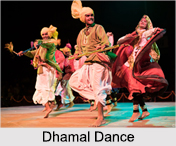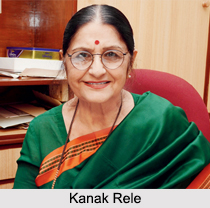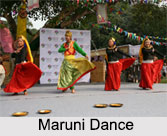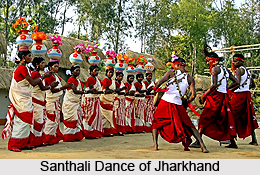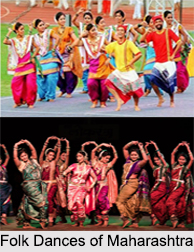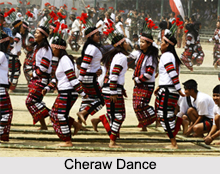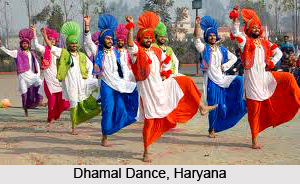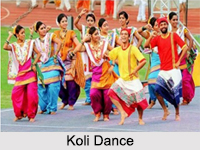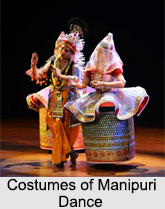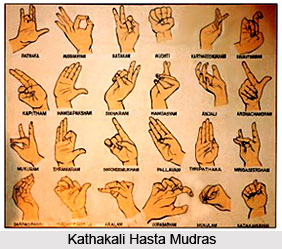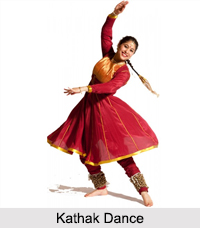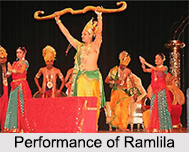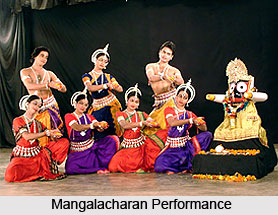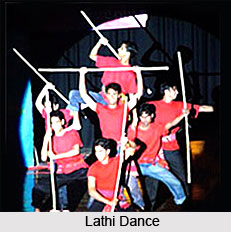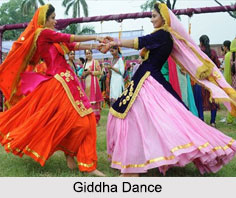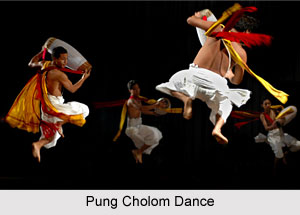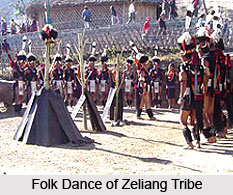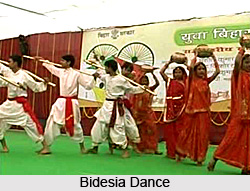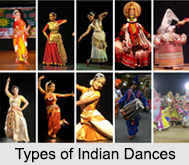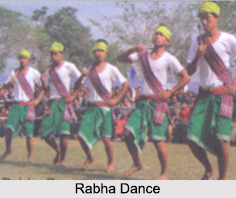Haradi Rama Ganiga was born in the year of 1902. He was a pioneering Yakshagana performer. Born into a poor family of oil-makers at Haradi village, near Udupi in Dakshin Kannad district, Karnataka, he took to the Badagutittu i.e. northwestern variety of Yakshagana as a child. His grandfather, Annappa, was a well-known actor of the early twentieth century. Ganiga was influenced by some other persons. The names can be mentioned as Thekkatte Babanna, and began his professional career at the age of 14. He traveled with the Maranakatte Mela and Mandarti Mela, taking over as owner of the latter temple troupe in 1928. His innovations in costume, particularly headgear, became very influential. Expert lead actor in most traditional Yakshagana plays; he is remembered for rendering the conventional but challenging impromptu monologues, and his characterizations of Hiranyakasipu, Jambava, Ravana, and Chitrasena. Ganiga was the first Yakshagana artist honoured by the Sangeet Natak Akademi, in 1960.
This article is a stub. You can enrich by adding more information to it. Send your Write Up to content@indianetzone.com
